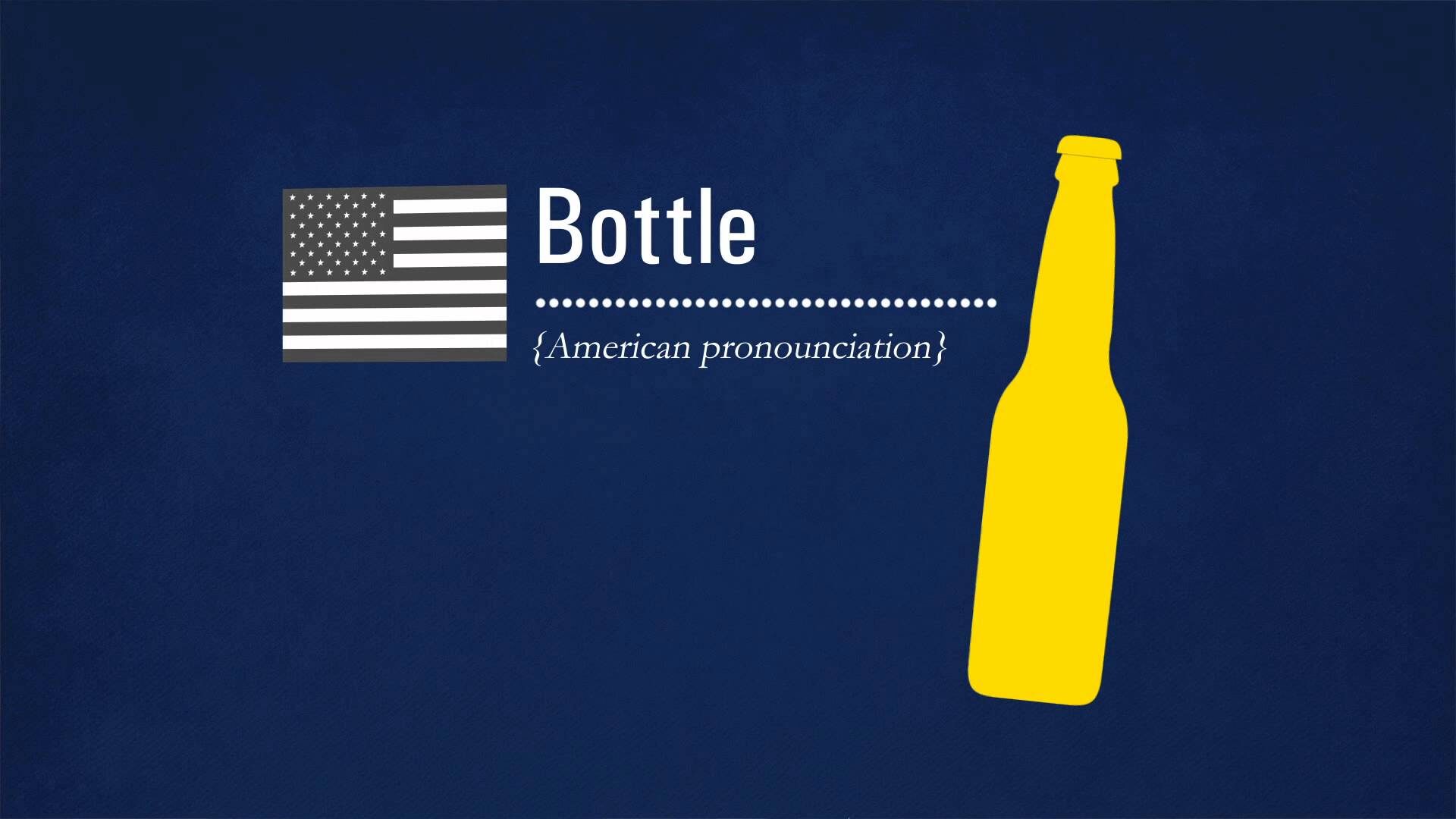There are many consonants in English in which the spelling/sound correspondence is completely straightforward. Take the sounds for “t” and “d,” pronounced “tuh” and “duh,” respectively.
Less straightforward is the glottal stop. What is the glottal stop? A fair question, given that it does not show up in the English alphabet. To explain this sound, it helps to work with an example.
Say the word “uh-oh.” What happens in the middle of that word? Well, what happens is I (and you) cut off the airflow. We stop the stream of sound. This is called a glottal stop. It shows up in words like “mitten” and “button.” Say either word aloud and you’ll realize that, right in the middle of the word, you are cutting off the airflow. You may think you are saying a “t” because the spelling has a “t,” but you are probably not saying “mi-ten” or “bu-ton,” at least in casual speech.
American English speakers tend to notice the glottal stop when they hear speakers of other varieties of English say words like “bottle” or “Seattle” using a glottal stop in ways American English speakers would not. So that is one consonant sound you may not even realize you are saying.
Another one is the sound at the end of the word “king.” You may think you are saying a “g” at the end of the word “king.” But say it aloud and you will realize there is no “g” there. The sound at the end of that word is called “engma” and sounds like the “eng” in “engma.” It is a funny sound when we isolate it like that, but we say that sound all the time.
Engma is the sound at the end of a word like “running.” To hear that, it can help to listen to the different sounds at the end of “running” and “runnin’.”
All of us have dropped the “g” at the end of the word “running.” We dropped it in the Renaissance. Now it’s a question of which nasal sound we make: the funny sound at the end of “king” or an “n” sound?
We all know our ABCs. What I hope I’ve showed you is that, in fact, the sound system of English far surpasses our spelling system.
This video originally appeared in LSA Today, where you can find more videos, including an archive of Anne Curzan’s discussions of language.





David Frye
A personal favorite example of the glottal stop is Homer Simpson’s “doh!”
Lots of English words begin with a glottal stop or have one in the middle, but “doh!” is one of the few that ends with one.
Reply
James Davis
Hmmm. interesting article. However some of us may say the letters as well as do the glottal stops and engmas. The tip of my tongue definitely hits the top of my mouth saying mitten. My “ng” in king is not quite a full “NG with the middle tongue hitting the back of the top of the mouth but the “g” is there. We have many dialects or accents in the USA and I think your conclusion is a bit too general. Thanks for the thought- and mouth-provoking article. Peace, Jim
Reply
Stuart Holland
I agree with Jim (above) that the double “t” in mitten or button is regional. As the manager of a service that puts books into audio for blind people, I lean toward asking that people DO pronounce the “t”s, though I am flexible in many regional pronunciations.
Reply
James Tobin - 1978, 1986
Now here’s another question about that word — how to spell it? In my freshman year as a terrified cub reporter at the Michigan Daily — this was 1974-1975 — I remember sitting at work in the same room as the great Daily sports editor Mark Feldman — a senior! He turned around from the typewriter and said, “Hey, do you know how to spell ‘uh-oh’….you know, like….’uh-oh'”? (This was how he pronounced it, glottal stop and all.) And I was sure I DID know how to spell it, and I said, “Yeah — it’s ‘oh-oh.'” He thanked me, and I considered my new status as one who had given important information to a senior editor. Now, I think that spelling has gone out of style, but I do think it once was considered correct. Professor Curzan or anyone else: Any thoughts on this?
Reply